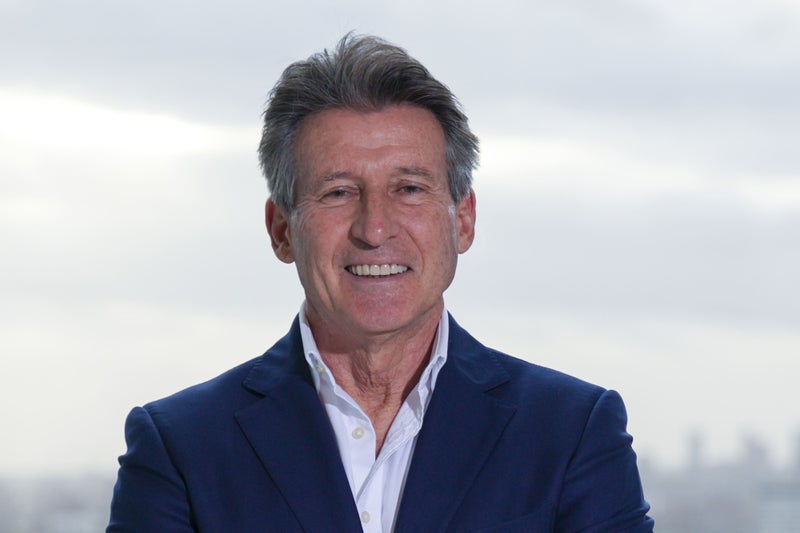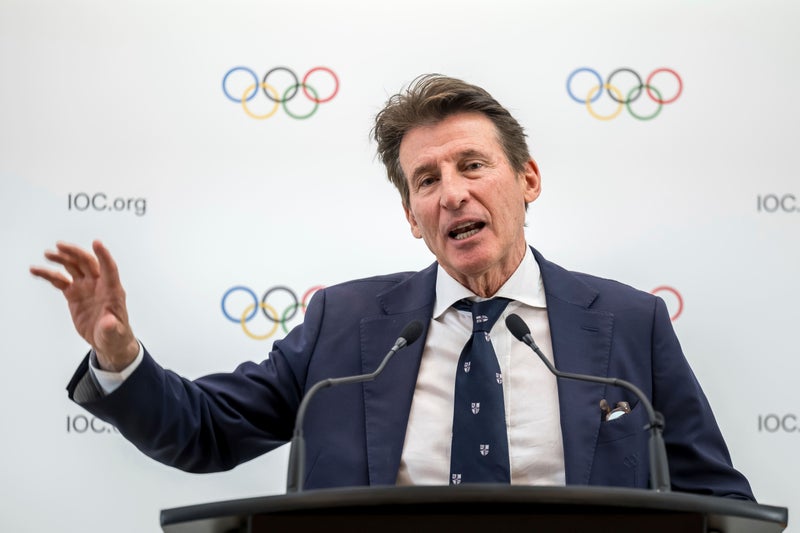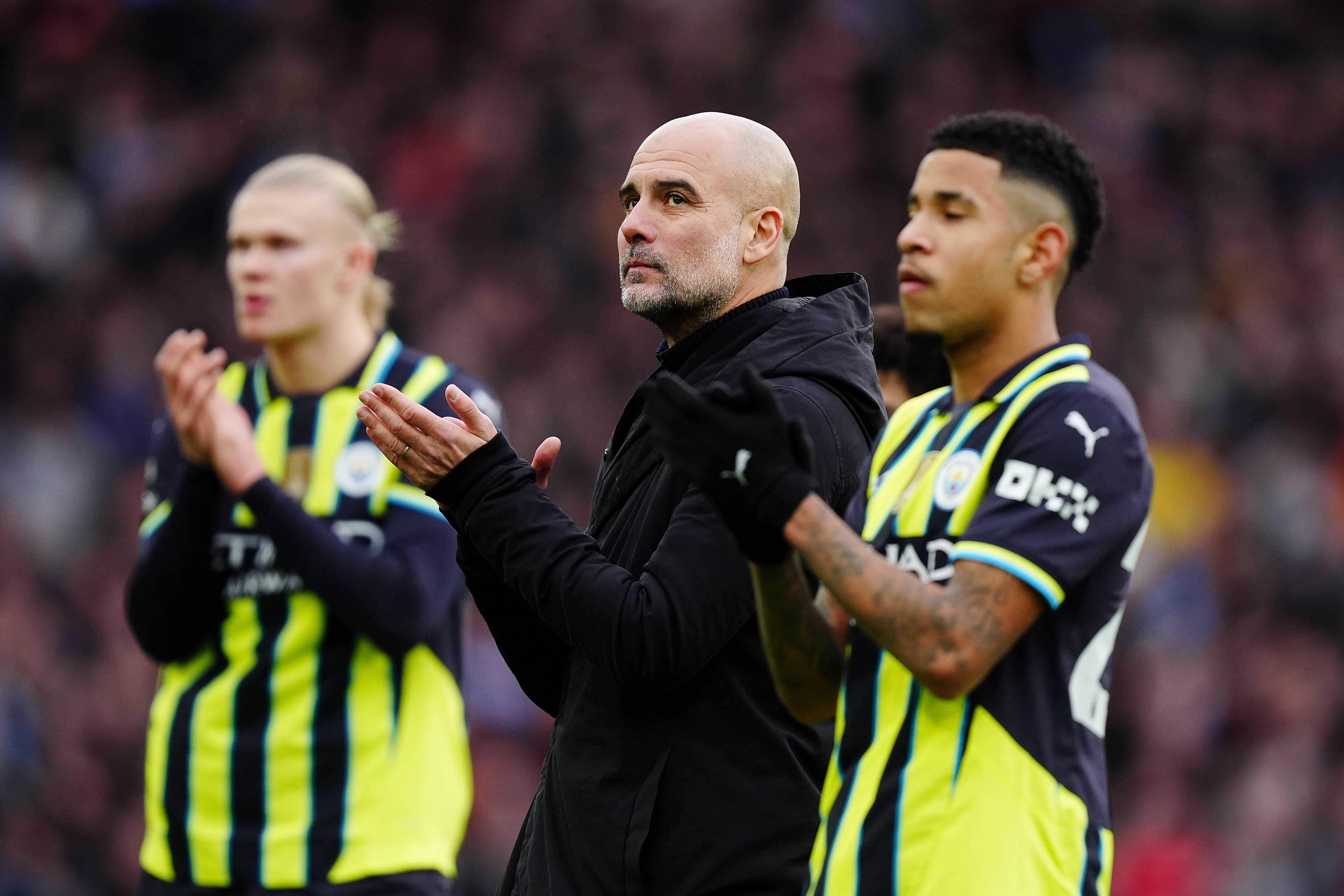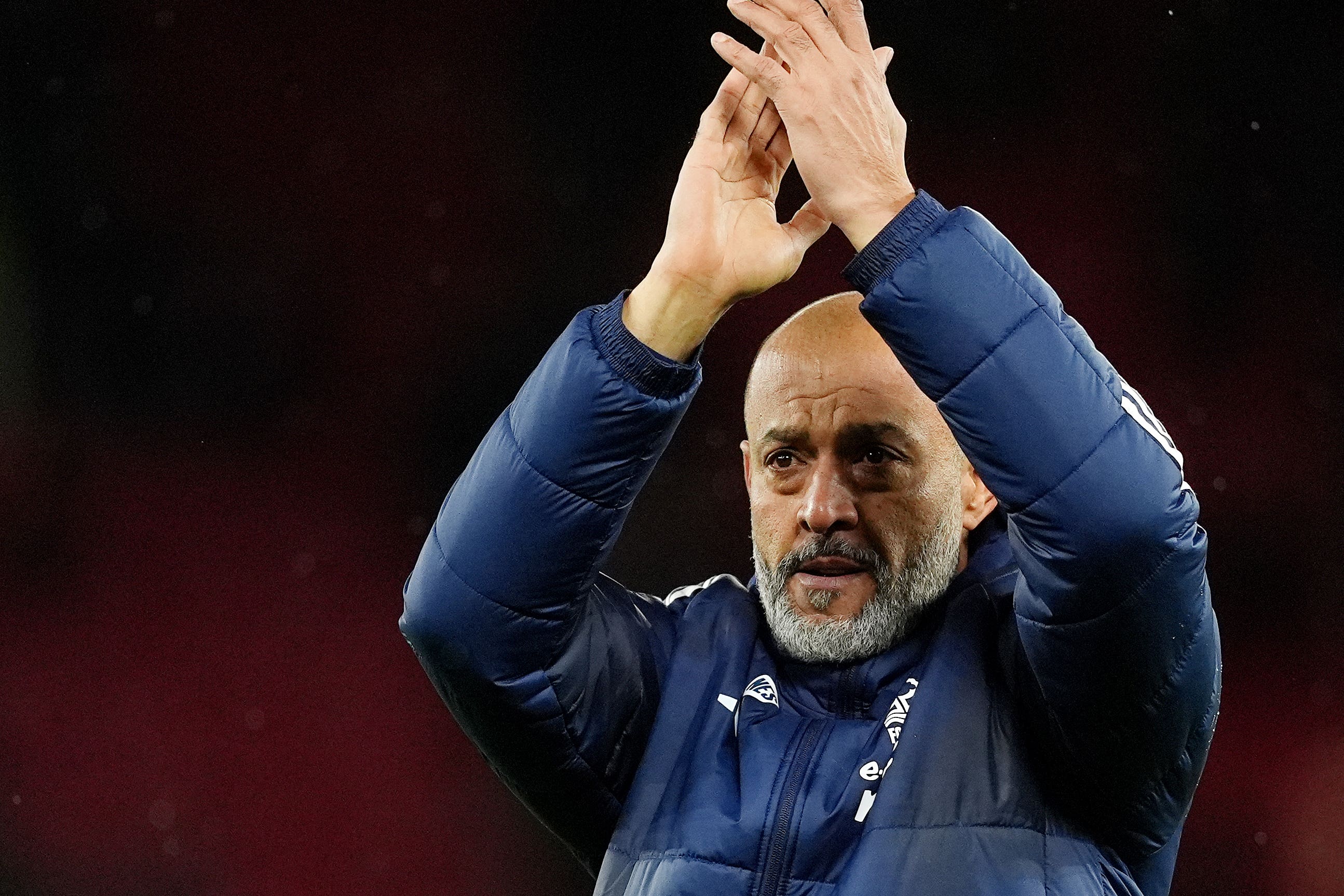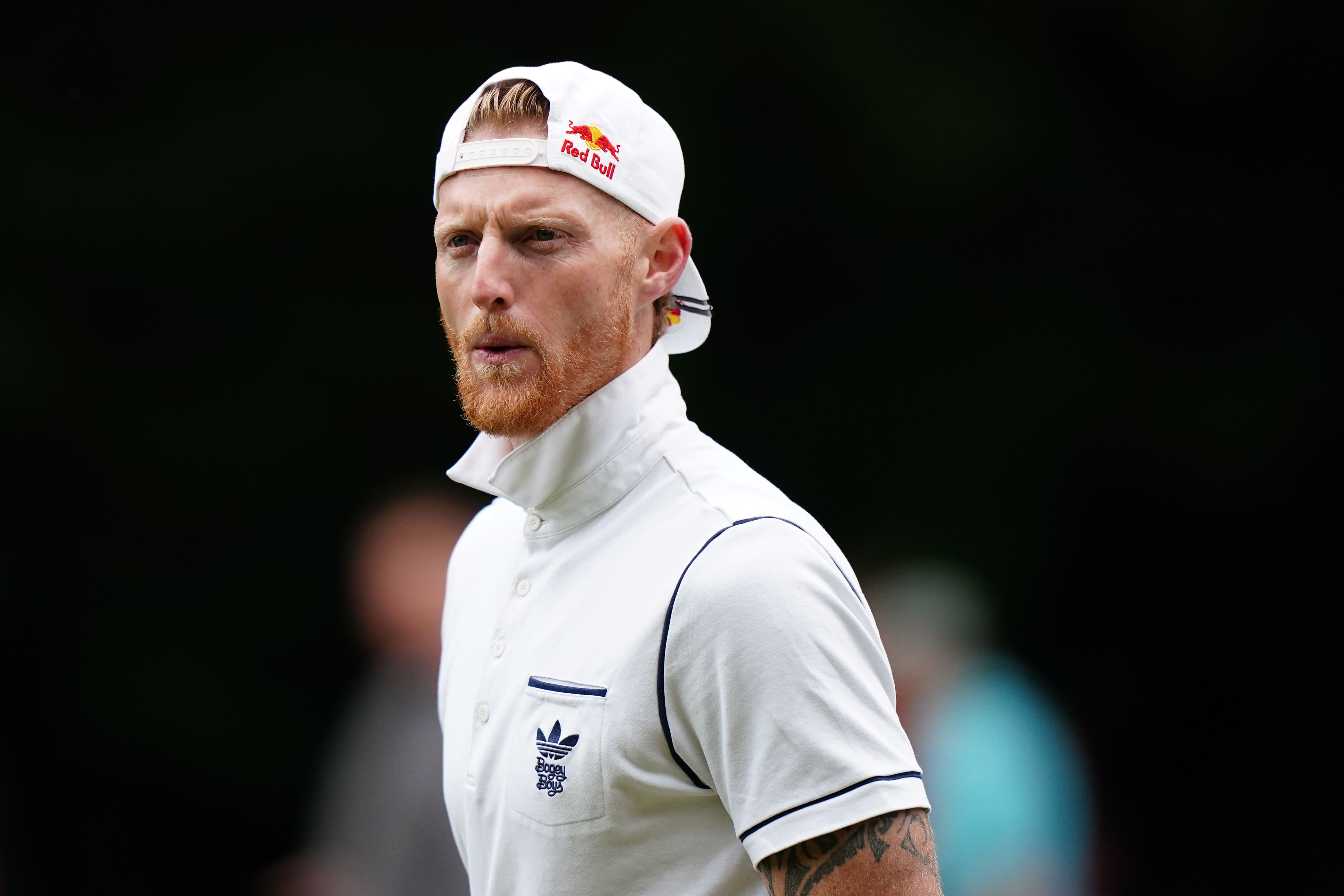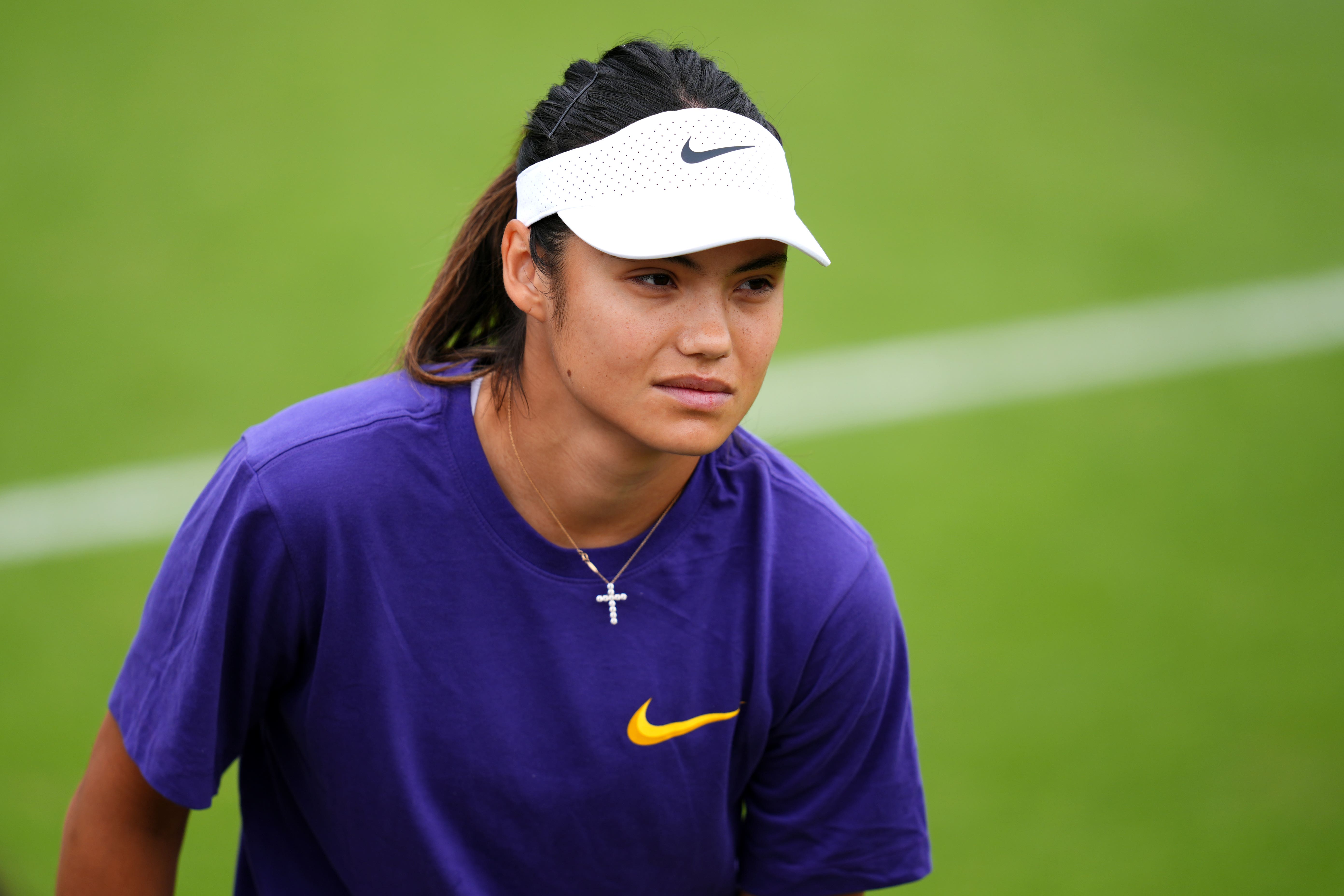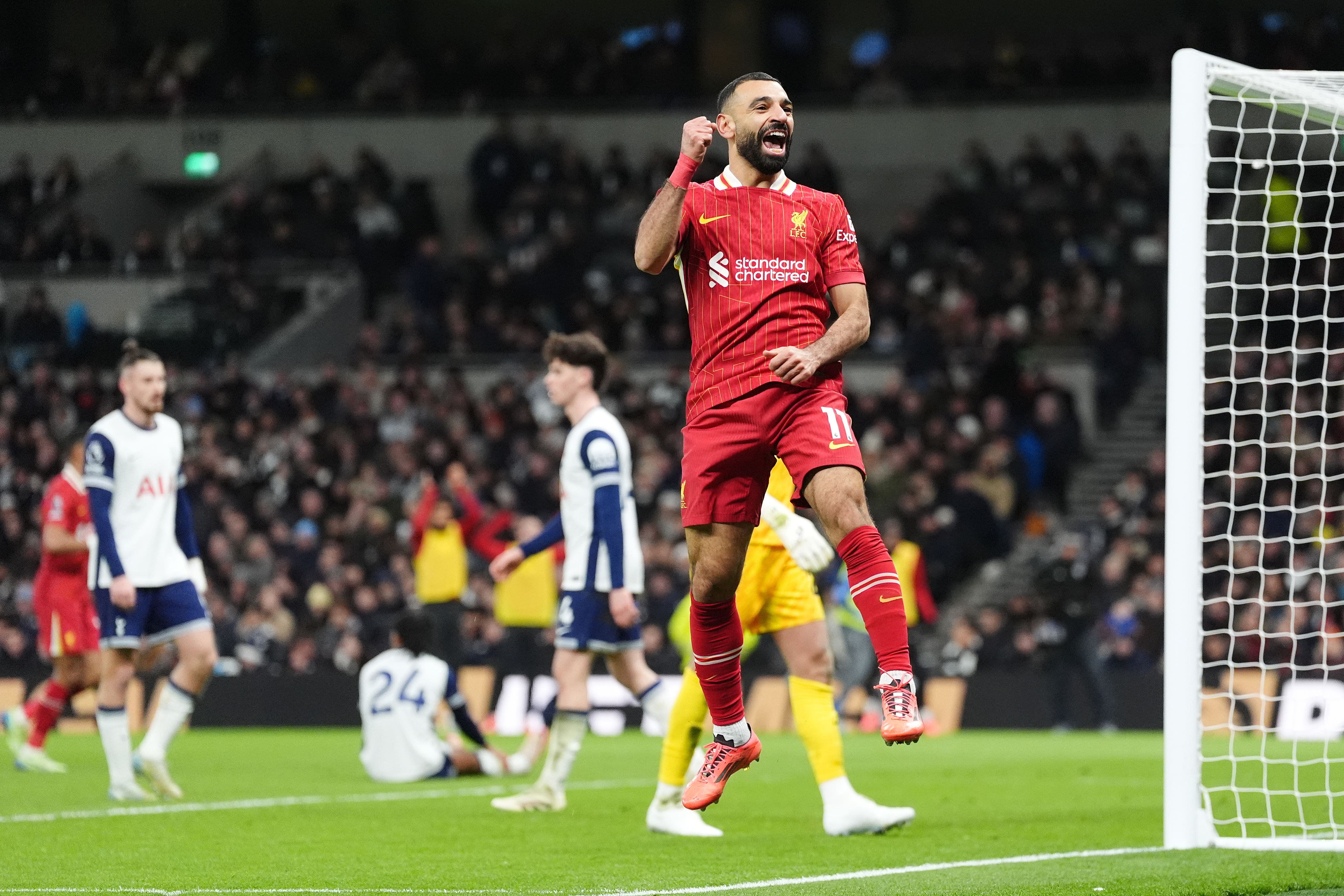Coe is a serial winner but faces stiff competition from all sides, as well as opposition from current president. More than 40 years after Sebastian Coe powered to his second Olympic 1500m title, he is still running hungry. He’s in the gym most mornings at 6am, cranking out 40-50km a week on the treadmill, doing conditioning work or lifting weights, before meticulously recording his workouts in training diaries – just as he did during his golden heyday. Even at 68 he is still chasing a fresh ambition: securing the most powerful job in global sport.
![[Sean Ingle]](https://i.guim.co.uk/img/uploads/2017/10/09/Sean-Ingle,-L.png?width=75&dpr=1&s=none&crop=none)
“I will work harder for this than I’ll probably ever work for anything,” Coe insisted in December when he launched his manifesto to be the next president of the International Olympic Committee. “It’s the dance that I just couldn’t sit out.” That dance, however, is about to get a lot more frenetic.
![[Thomas Bach and Kirsty Coventry.]](https://i.guim.co.uk/img/media/70f231c7ba8e626e9cbfc64638a14b2ac4c6c43f/201_351_4520_2581/master/4520.jpg?width=445&dpr=1&s=none&crop=none)
Next Thursday at the Château de Vidy in Lausanne, Coe will get his one chance to address and impress the 108-member IOC electorate directly. The stakes are nerve-flutteringly high. Especially as Coe and the other six candidates only get 15 minutes to give their presentations. But Coe has form for delivering under acute pressure, both on the track and having led London’s successful bid for the 2012 Games, even though Paris and Madrid were initially seen as favourites.
![[Juan Antonio Samaranch Jr]](https://i.guim.co.uk/img/media/4b3731978bf50c7f78d15729e8ae3dae5a27f272/0_0_3126_2084/master/3126.jpg?width=445&dpr=1&s=none&crop=none)
Meanwhile in the corridors and shadows of the 18th-century castle, a game within the game will also be played. Palms will be pressed, small talk made, confidences gained. Coe is especially good at this. But so is his chief rival, the 65-year-old Spaniard Juan Antonio Samaranch, the IOC’s current vice-president.

